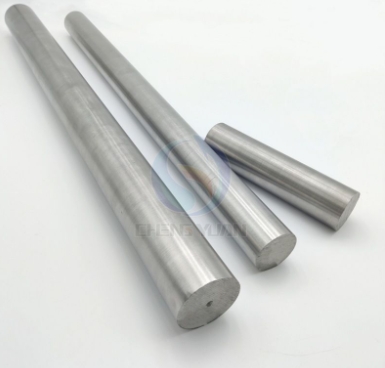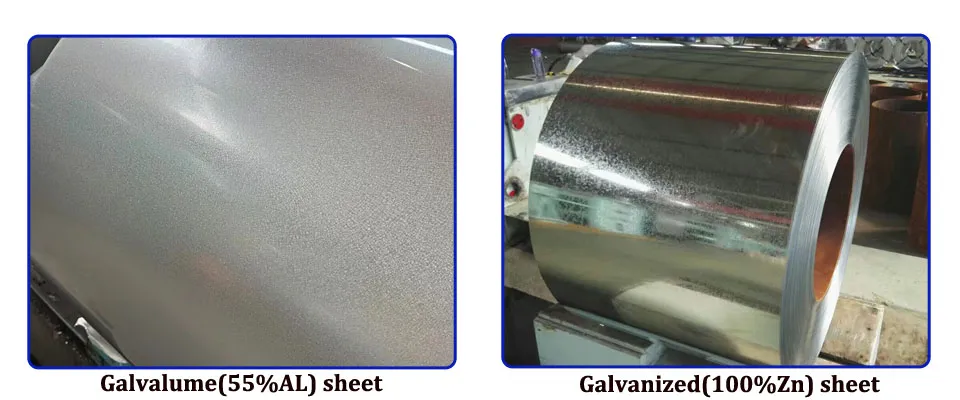Introduction
In the world of engineering and metallurgy, nickel base alloys have emerged as a crucial class of materials due to their exceptional properties and wide-ranging applications. This article delves into the world of nickel base alloys, exploring their composition, characteristics, manufacturing processes, and the diverse industries that benefit from their use.

What are Nickel Base Alloys?
Nickel base alloys, commonly known as nickel-based superalloys, are a group of metallic materials that primarily contain nickel as the base element, combined with other alloying elements such as chromium, molybdenum, cobalt, and iron. The unique combination of these elements imparts exceptional mechanical, thermal, and corrosion-resistant properties to these alloys, making them highly sought after for various industrial applications.
1. The Composition of Nickel Base Alloys
Nickel base alloys typically consist of nickel as the primary constituent, constituting around 50% to 70% of the alloy's composition. The remaining percentage comprises various alloying elements in precise proportions to achieve the desired properties. Common alloying elements include:
Chromium: Enhances corrosion resistance and oxidation resistance.
Molybdenum: Improves creep resistance and high-temperature strength.
Cobalt: Provides high-temperature strength and structural stability.
Iron: Balances the mechanical properties and promotes ease of fabrication.
2. Key Characteristics of Nickel Base Alloys
Nickel base alloys boast a remarkable set of characteristics that make them indispensable in numerous critical applications. Some of the key features include:
H1. Exceptional High-Temperature Performance
Nickel base alloys retain their mechanical strength even at elevated temperatures, making them ideal for applications in gas turbines, jet engines, and other high-temperature environments.
H2. Corrosion Resistance
The presence of chromium and other elements imparts outstanding resistance to corrosion and oxidation, making these alloys suitable for use in marine, chemical, and oil and gas industries.
H2. Excellent Mechanical Strength
Nickel base alloys exhibit exceptional tensile and fatigue strength, ensuring longevity and reliability in various structural applications.
3. Manufacturing Processes
The production of nickel base alloys involves advanced metallurgical processes to achieve the desired microstructure and properties. Some of the common manufacturing techniques include:
H2. Vacuum Arc Remelting (VAR)
VAR is a process that ensures the purity and homogeneity of the alloy by melting and refining it in a vacuum, resulting in high-quality nickel base alloys.
H2. Powder Metallurgy
Powder metallurgy techniques, such as hot isostatic pressing (HIP) and sintering, are used to produce complex shapes and components with excellent mechanical properties.
4. Applications of Nickel Base Alloys
The versatility of nickel base alloys makes them indispensable in a wide array of industries and applications, including:
H1. Aerospace and Aviation
Nickel base alloys are extensively used in aircraft engines and gas turbines, where their high-temperature strength and corrosion resistance play a vital role.
H2. Oil and Gas
In the oil and gas sector, these alloys are employed in downhole equipment, valves, and pipes, withstanding the harsh conditions of oil wells and refineries.
H2. Chemical Processing
The corrosion resistance of nickel base alloys makes them well-suited for chemical processing equipment, where exposure to aggressive chemicals is common.
H3. Power Generation
In power plants, these alloys are used in turbine blades, steam generators, and other high-temperature components.
Conclusion
Nickel base alloys have proven to be a game-changer in the world of modern engineering. Their exceptional properties and adaptability have paved the way for groundbreaking innovations and advancements in various industries. From aerospace to power generation, these alloys continue to redefine the boundaries of what is possible, ensuring a brighter and more efficient future.
FAQs
Q1. Are nickel base alloys more expensive than traditional materials?
No, while nickel base alloys may be costlier than some conventional materials, their exceptional performance and extended lifespan often justify the initial investment.
Q2. Can nickel base alloys withstand extreme temperatures?
Yes, nickel base alloys exhibit remarkable high-temperature performance, making them suitable for applications in gas turbines, jet engines, and other high-heat environments.
Q3. Are nickel base alloys recyclable?
Yes, nickel base alloys can be recycled and reused, promoting sustainability and resource efficiency.
Q4. Do nickel base alloys require special welding techniques?
Yes, due to their unique composition, nickel base alloys may require specialized welding techniques to maintain their mechanical properties.
Q5. Can nickel base alloys resist corrosion in seawater?
Absolutely, the addition of chromium and other elements imparts exceptional corrosion resistance, making them suitable for marine applications.
Explore more:Concertina Razor Wire: Versatile Security Solutions for Airport, Prison, and Farm Fencing








Comments
Please Join Us to post.
0